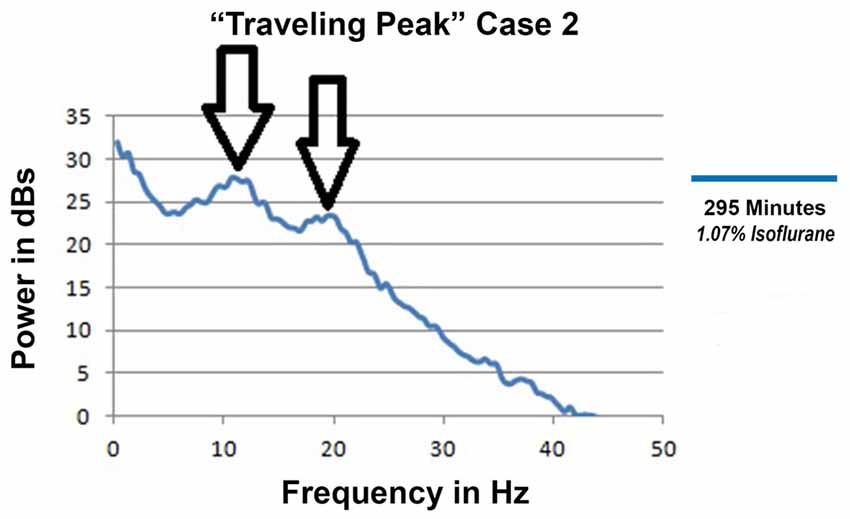

Blood tests such as a complete blood count (CBC) to see if your immune system is actively fighting an infection.A physical exam, including listening to your lungs with a stethoscope.A medical history, which includes asking about your symptoms.Your health care provider may use many tools to make a diagnosis: It may take time for you to realize that you have a more serious condition. This is because it can cause some of the same symptoms as a cold or the flu. Sometimes pneumonia can be hard to diagnose. The pleura is the tissue that covers the outside of the lungs and lines the inside of your chest cavity. Pleural disorders, which are conditions that affect the pleura.Lung abscesses, which are collections of pus in cavities of the lungs.It is serious and can lead to septic shock. Bacteremia, which happens when the bacteria move into the bloodstream.Sometimes pneumonia can cause serious complications such as: Older adults who have pneumonia sometimes have sudden changes in mental awareness. They may even have a lower than normal temperature. Older adults and people who have serious illnesses or weak immune systems may have fewer and milder symptoms. They might seem sick, with no energy, or be restless. Others may vomit and have a fever and cough. Newborns and infants may not show any signs of the infection.

The symptoms can vary for different groups.

The symptoms of pneumonia can range from mild to severe and include: Recently being sick with a cold or the flu.Have trouble coughing or swallowing, from a stroke or other condition.Being sedated and/or on a ventilator raises the risk even more. Being in a hospital, especially if you are in the ICU.Lifestyle habits, such as smoking, heavy alcohol use, and malnourishment.Exposure to certain chemicals, pollutants, or toxic fumes.Age the risk is higher for children who are age 2 and under and adults age 65 and older.Coccidioidomycosis, which causes valley feverĪnyone can get pneumonia, but certain factors can increase your risk:.SARS-CoV-2, the virus that causes COVID-19įungal pneumonia is more common in people who have chronic health problems or weakened immune systems.The different viruses that can cause pneumonia include: If you have viral pneumonia, you are at risk of also getting bacterial pneumonia. But sometimes it is serious enough that you need to get treatment in a hospital. Viral pneumonia is often mild and goes away on its own within a few weeks. Viruses that infect the respiratory tract may cause pneumonia. Legionella pneumophila this pneumonia is often called Legionnaires' disease.Several different types of bacteria can cause pneumonia, including: It can also develop after you've had certain viral infections such as a cold or the flu.

Bacterial pneumonia can occur on its own. What causes pneumonia?īacterial, viral, and fungal infections can cause pneumonia.īacteria are the most common cause. It can range from mild to severe, depending on the type of germ causing the infection, your age, and your overall health. It causes the air sacs of the lungs to fill up with fluid or pus. Pneumonia is an infection in one or both of the lungs.


 0 kommentar(er)
0 kommentar(er)
